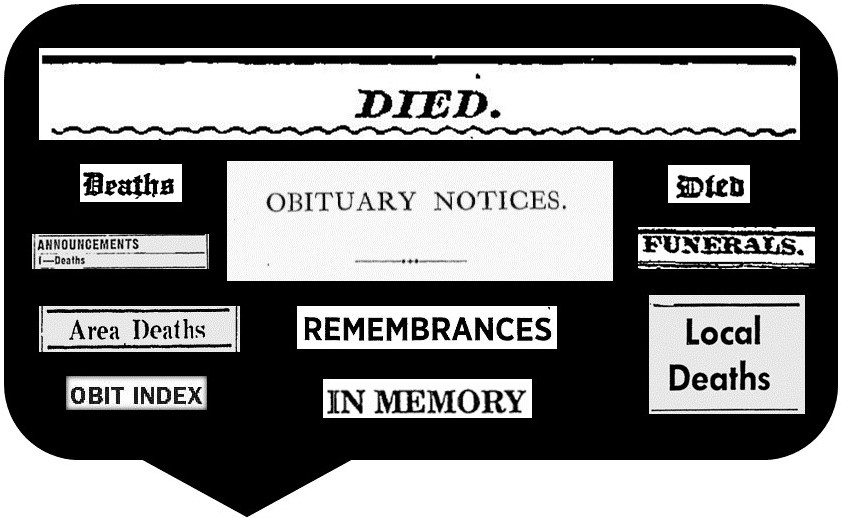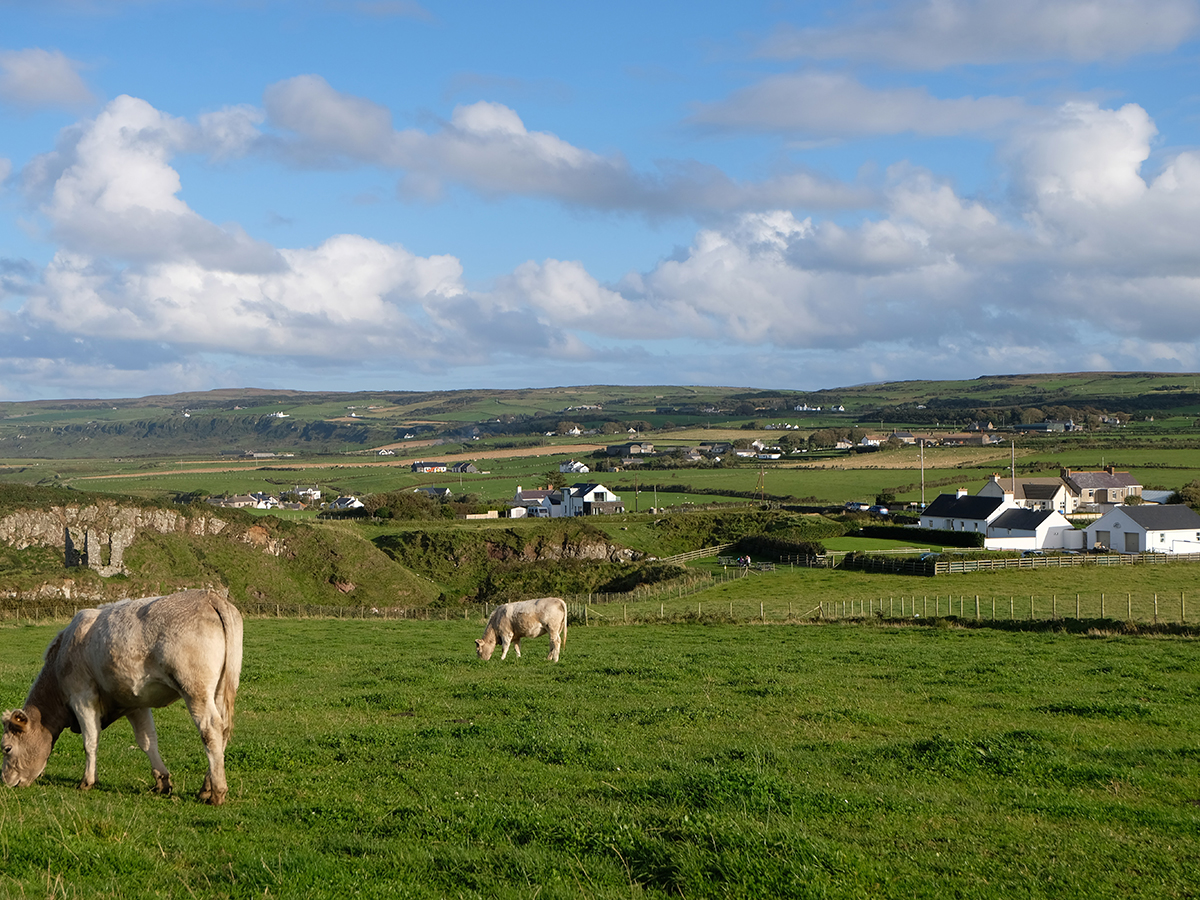
September 27, 2023
Many of us, in doing genealogy research, come across a European ancestor, or two, or three. When a friend of mine was doing her research, she discovered (and the discovery was quite a surprise!) a Portuguese connection. She wanted to learn more about this ancestor, and in doing so, she quickly found out that genealogical records are organized by geographical locality in Portugal. Civil registration (birth, marriage, and death records) and church records (christenings/baptisms, marriages, and burials) are kept at the local level. Therefore, you must know the town your ancestors came from.
So, she began the process of exhausting every possible record in the United States (where the ancestor went from Portugal) combing through census, vital, church, cemetery, obituary, military, passenger, passport, Social Security records, etc., trying to find that origin point. In doing so, she came across a naturalization record on the Fold3 online resource that gave her the area in Portugal where she would look for records.
Portugal is divided into districts, and she needed to utilize records from the southern district of Faro. However, within the Faro district lie 16 municipalities. So, where next? She did her map research using one of MCPL’s many map databases and learned that Lagos was the location she needed. Since she was looking for an ancestor in the 1800s, so civil registration and church records were her main options. There was one problem: she didn’t read or speak Portuguese.
The Library has English to Portuguese dictionaries, and the internet has many translation programs. You could also hire someone to translate. Another suggestion is genealogy word lists. FamilySearch has many in their Wiki, just pick the language, and you are off and running! The words included are those you will likely find in genealogical sources. These words will help you extract the pertinent information (such as names, dates, etc.). No need to take classes unless you want to learn the language, as most vital records will have a pattern to them.
Armed with a Portuguese word list, my friend slowly translated documents and found the records of her family. Now, more familiar with how these records for Portugal are set up, my friend can extract the necessary information quickly and feel very satisfied with her records research.
Sheri V.
Midwest Genealogy Center
Read Similar Blogs:
Genealogy







